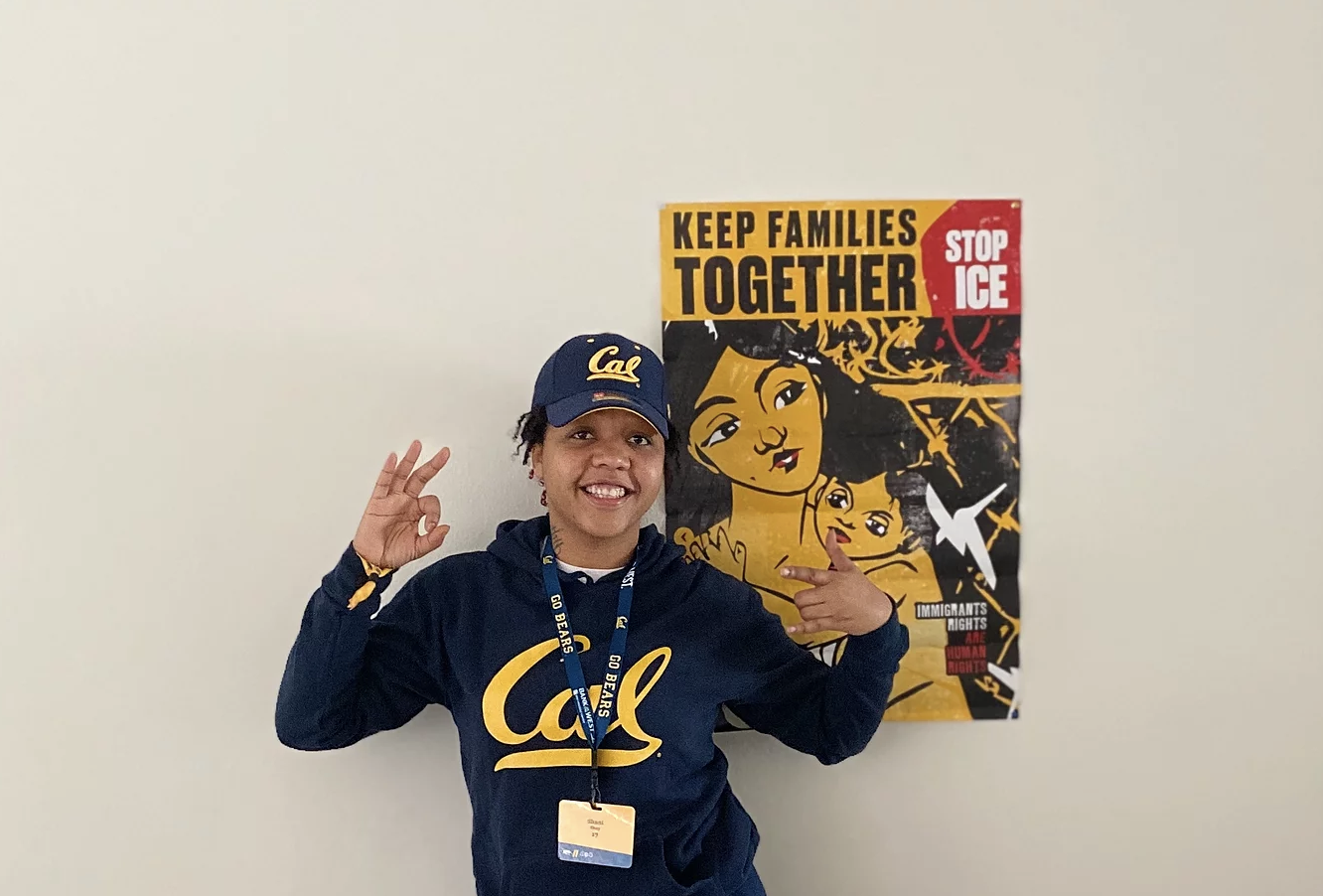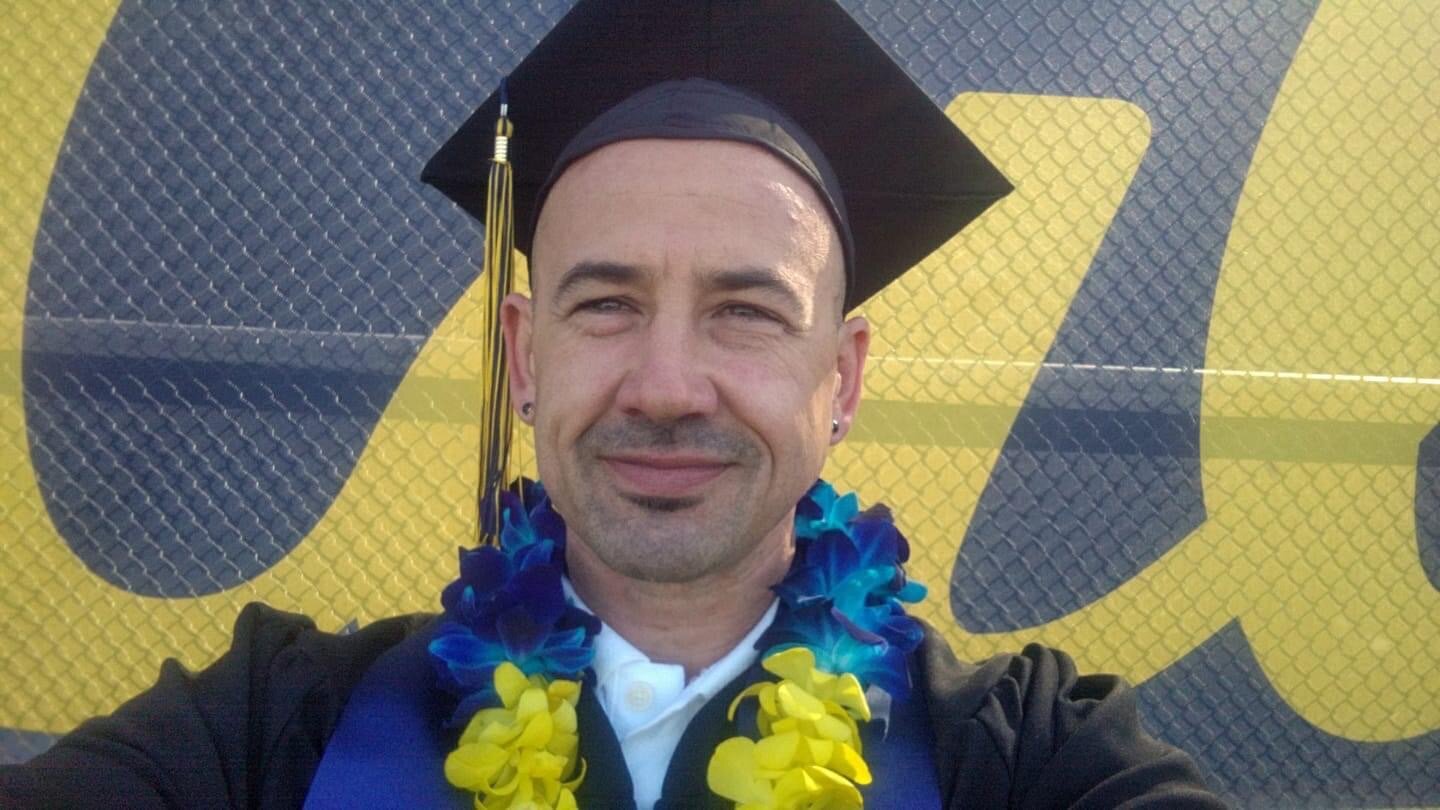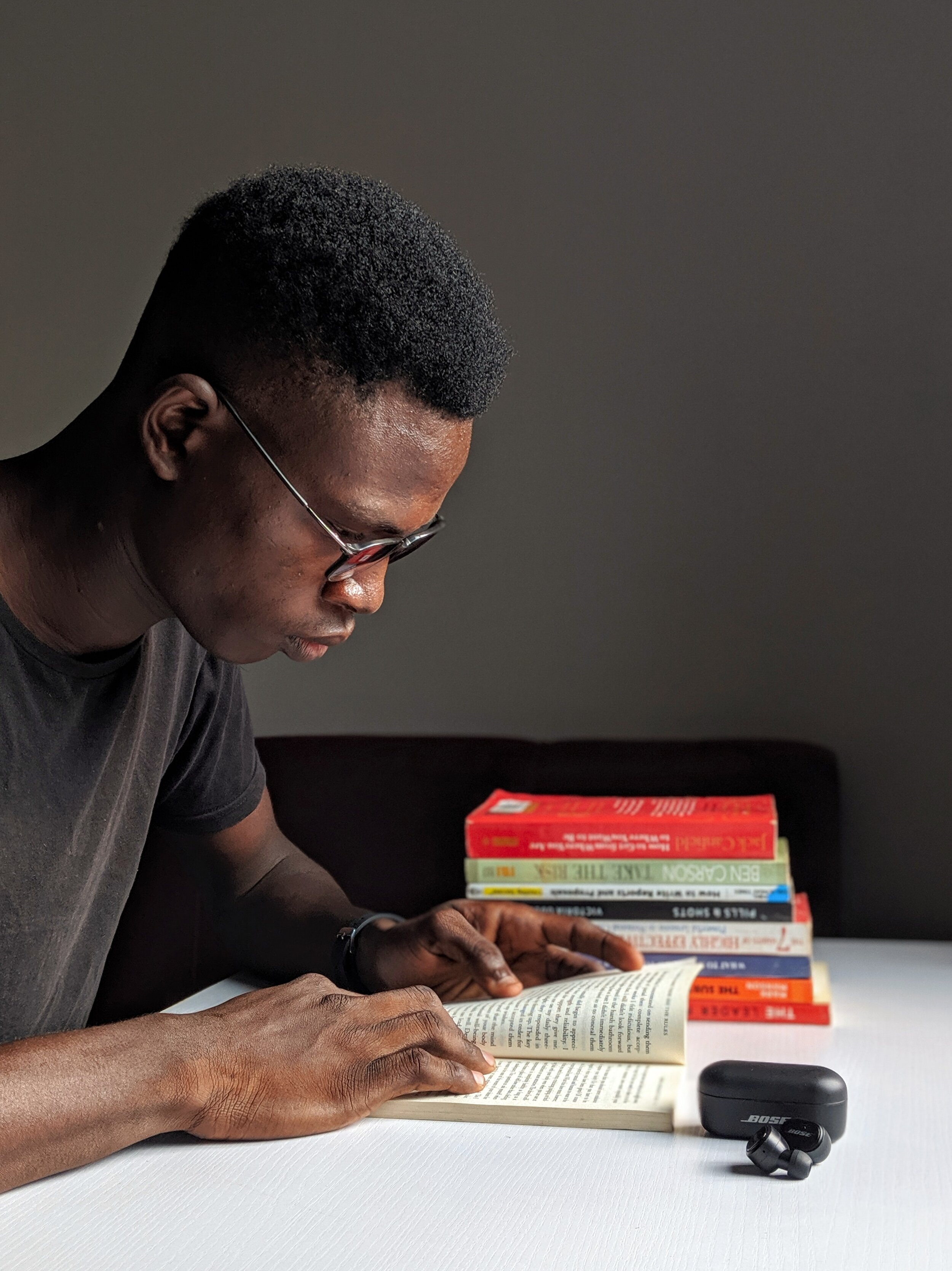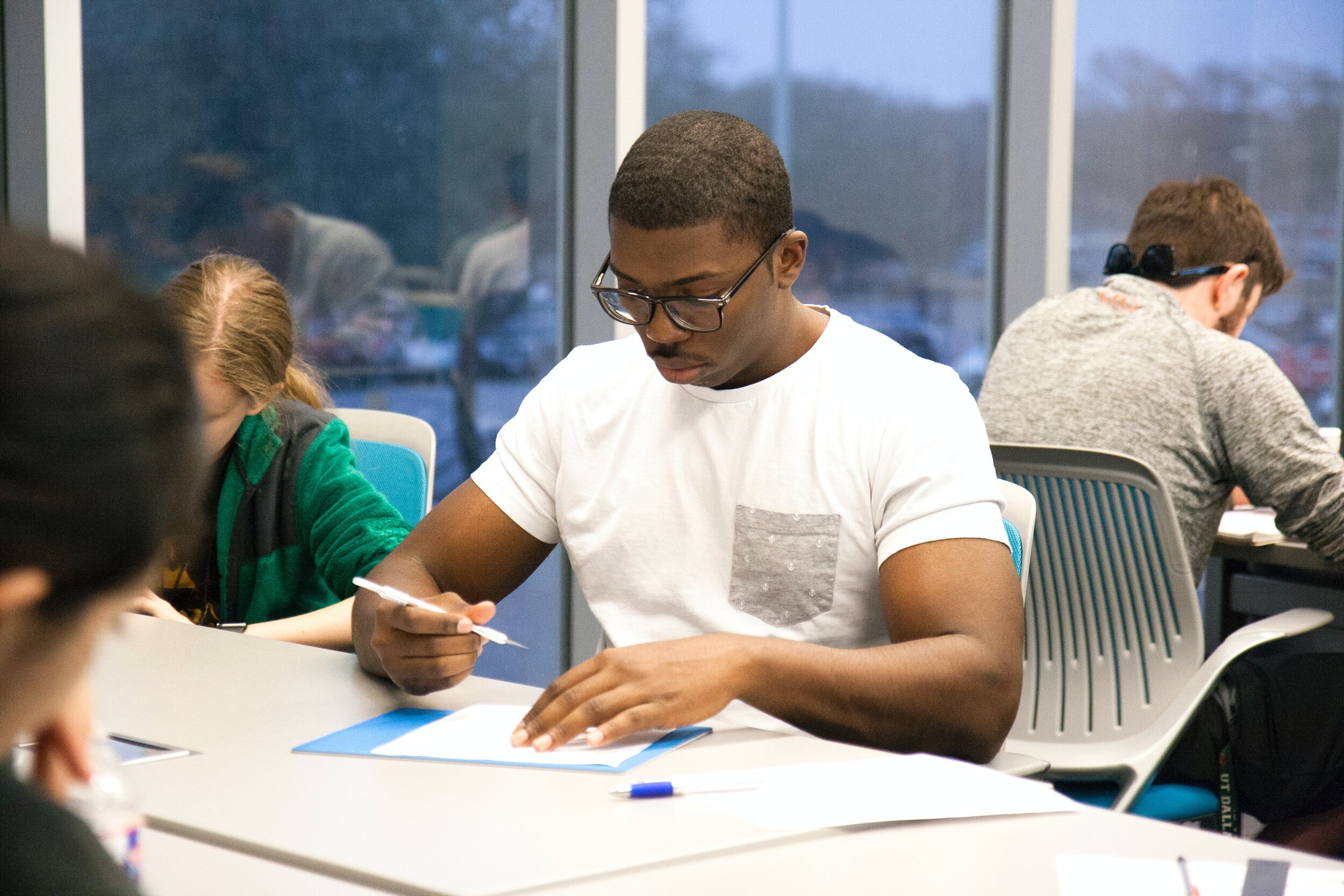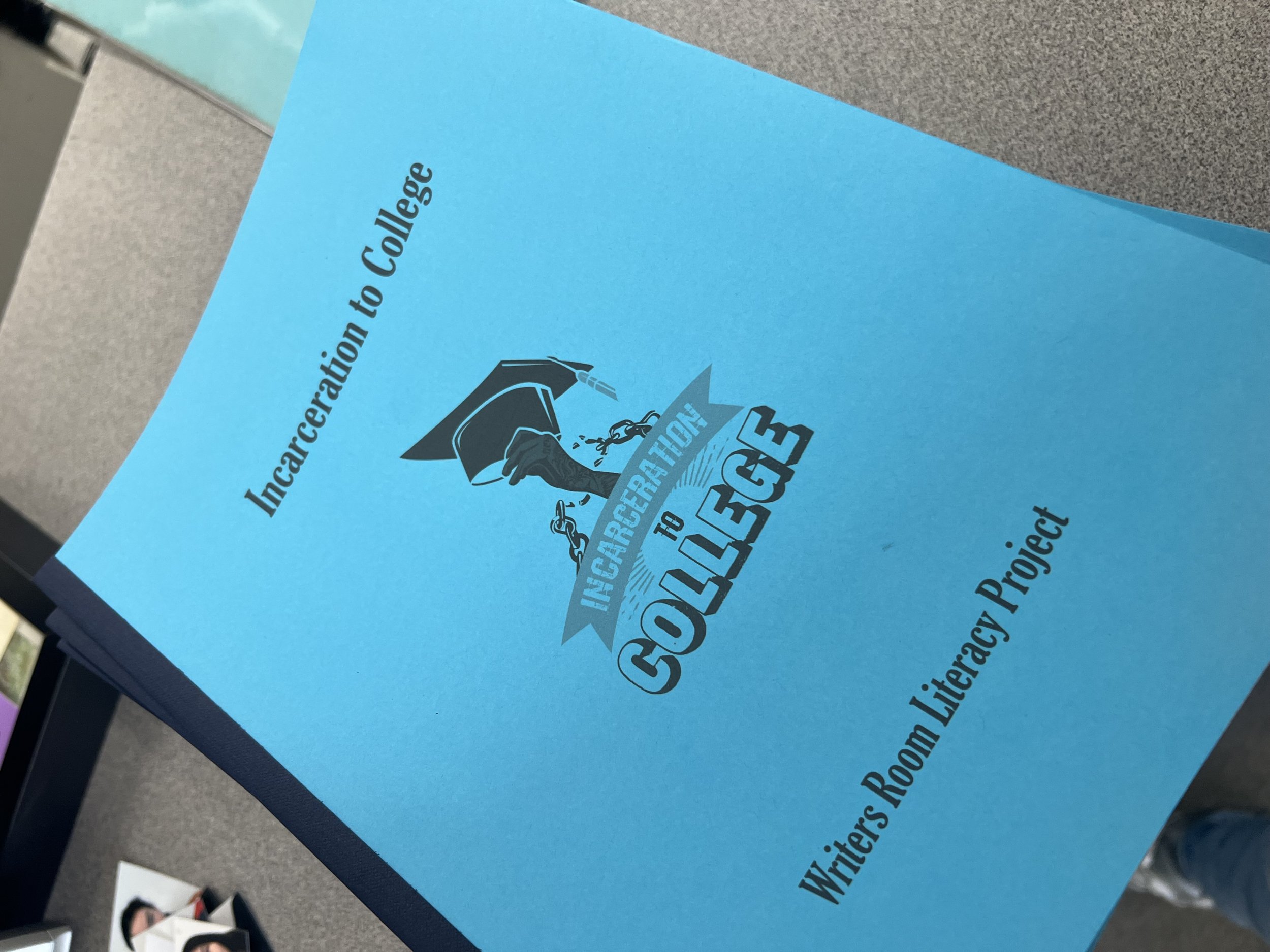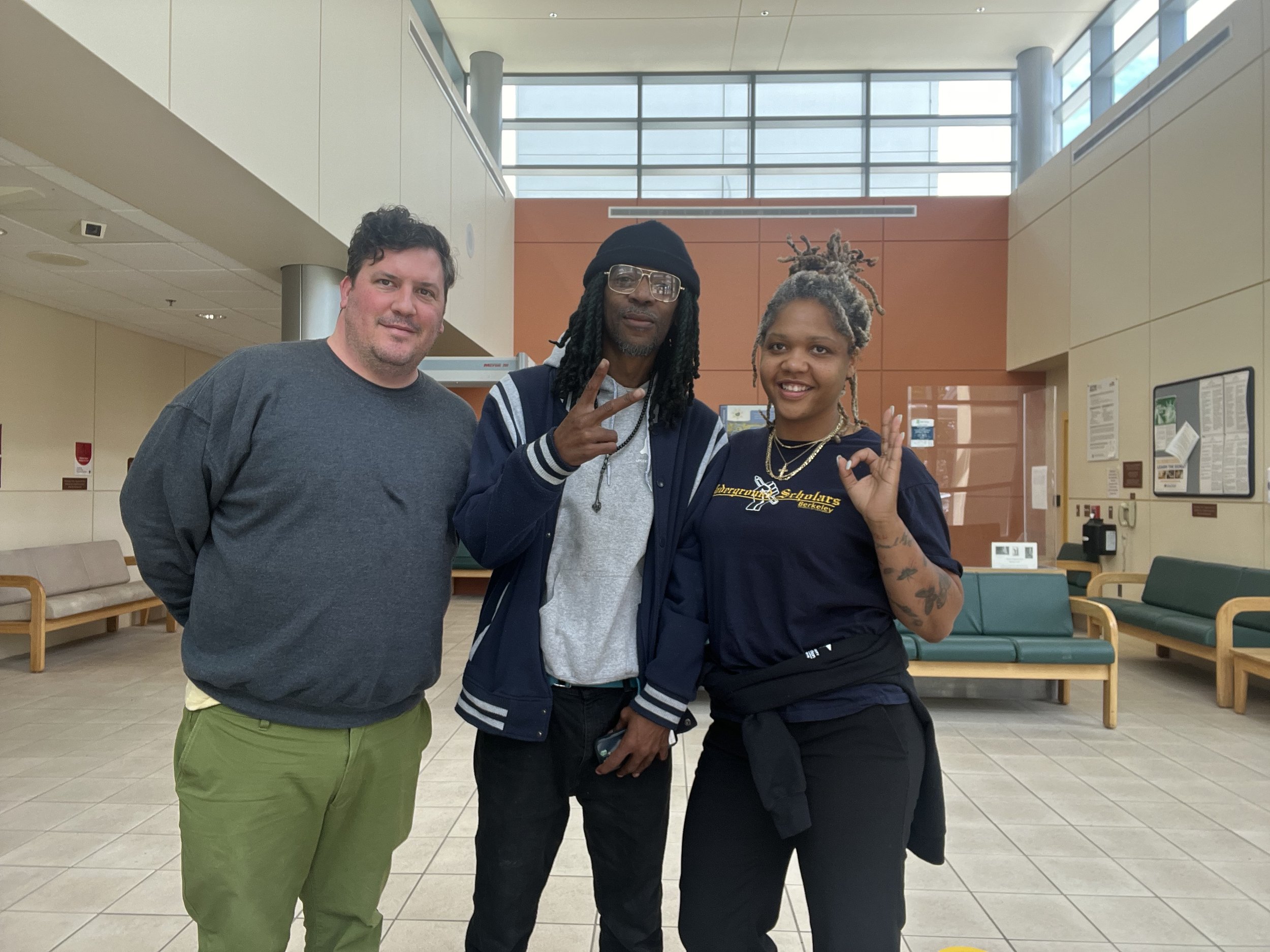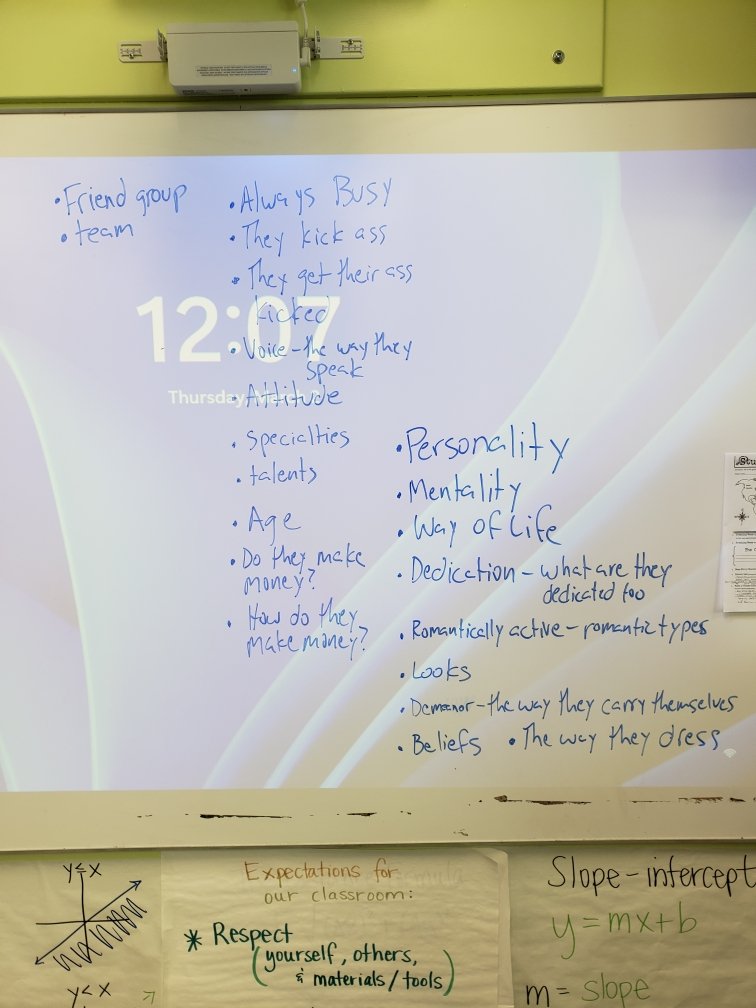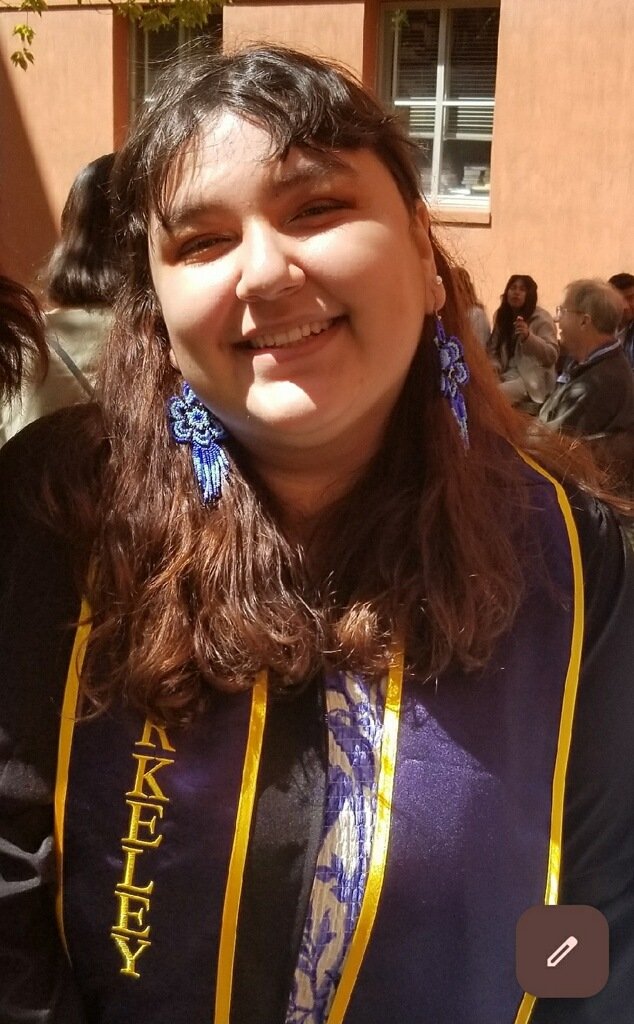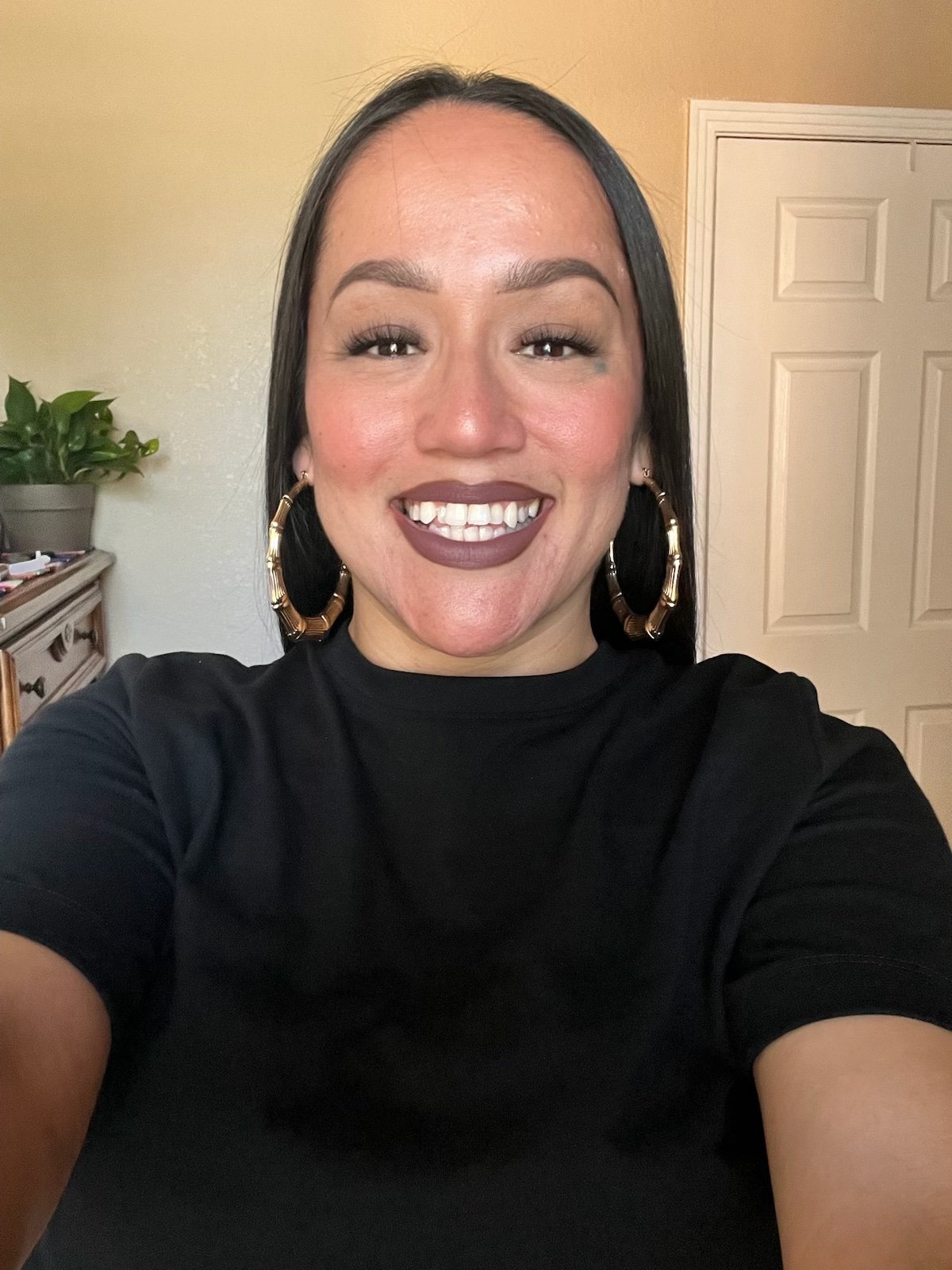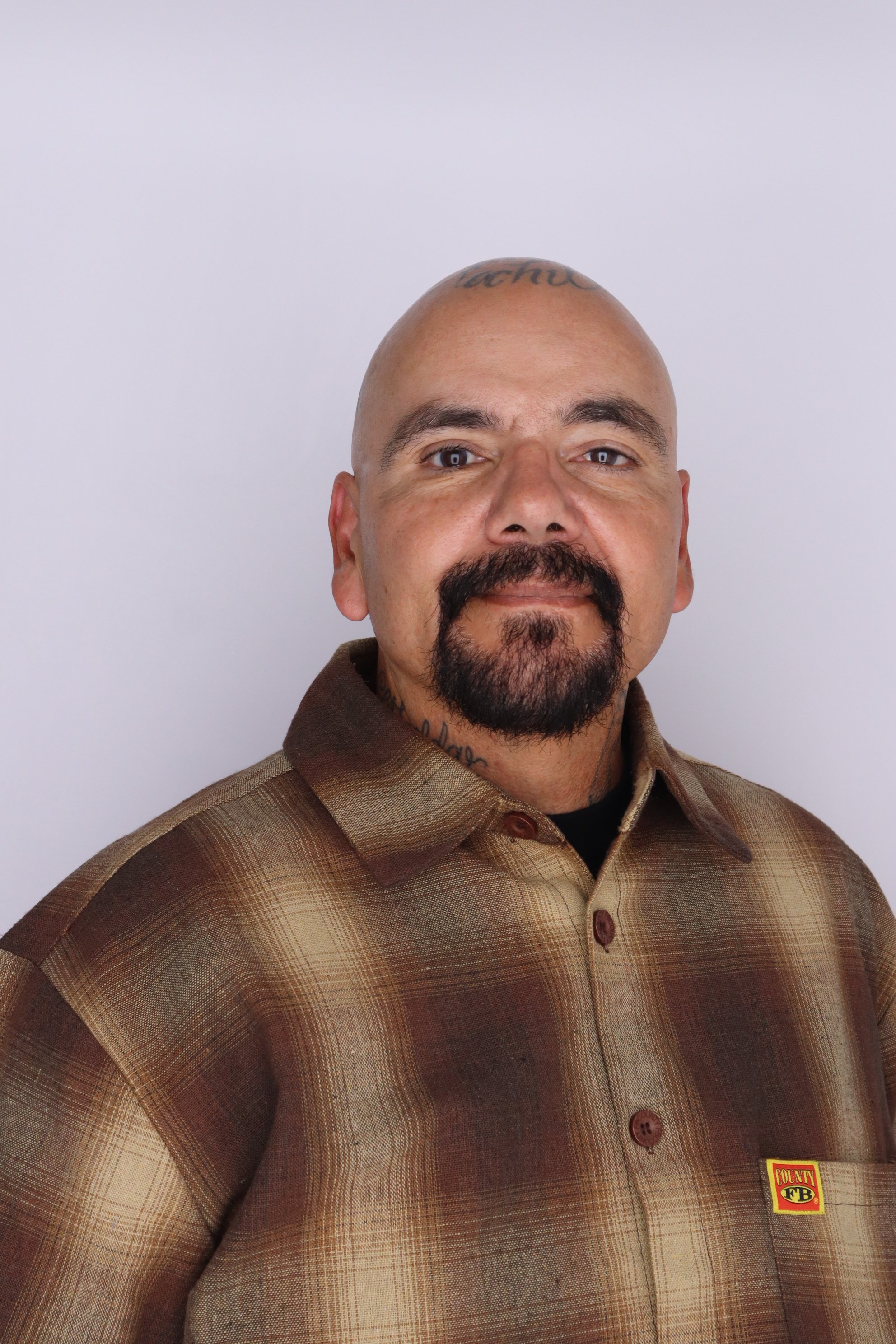Incarceration to College
The first step is always at the bottom…
STUDENTS
You are capable of graduating college. We want to help you get you through college because we need your help. Students apply below.
Program Overview
Incarceration to College is our newest recruitment program developed to create sustainable youth justice and is led by one of our current alumna leaders, Shani Shay. Incarceration to College (ITC) is an A-G verified Career Training Education college readiness course designed to be taught inside juvenile facilities and alllow students to earn CTE credits towrds graduation. ITC usess multicultural material, culturally relevant instructors, Black Feminist Pedagogies, socio-critical disccussion, and increased access to college readiness to effectively enhance the educational aspirations of incarcerated youth.
Stage 1: We offer weekly course to all incarcerated youth in the facility regardless of age or status in language, gender, sentencing, housing, or education. The course covers nine areas in sequential order: Assessment and Degree Programs; College Explorations; Organizations, Clubs and Sports programs; Application and Personal Statements; Scholarships and Grants; Financial Aid Protocols; Resources Guide; Student Go-Home Plan; and Graduation.
Stage 2: Completion of the course
Students who complete the course receive a ‘College Readiness’ certificate, up to eight CTE credits, and are encouraged to become incorpaorated into ITC.
Stage 3: Incorporate the student
Students can choose to be incorporated into the program and receive support and resources until the student is successfully admitted into college. We will then connect the student with appropriate faculty and resources to optimize educational success.
Stage 4: ITC Leaders
Graduates return to Incarceration to College as Alumni and help students understand the structures and behavoirs for becoming academically successful (Stages 1-3).
“As institutions with the power to hold minors in detention, it is within the scope of responsibility to prepare them for collegiate establishments.”
-Shani Shay
Contra Costa County- Martinez Juvenile Hall
Years in Service: 4
Year to Date Unduplicated students served: 401
Students served for 2024-2025 School Year: 124
Programs offered: Incarceration to College, Writers Room Literacy Project, and Coding Gang
Students Enrolled in college Academic Year 2024: 23
Students earning CTE credits through ITC curriculum: 103
Students admitted to UC System: 2
Students Admitted to Cal State System: 2
SecureTrac Students served: 12
Martinez juvenile hall is the site where ITC was piloted. The program has flourished and since
ITC was piloted there has been a 50% increase in college enrollment. Students at Martinez
juvenile hall will begin their second cohort of the Coding Gang in January 2023 with outside
partnership with Stanford University, Pipe Dreamers, and Reddit. Student will also begin their
second cohort of the Writers Room Literacy project in January with the partnership of the San
Francisco Poet Laureate, Tongo Eisin-Martin and novelist Shaka Senghoir ITC works in
partnership with The Contra Costa Office of Education to provide college readiness credit
bearing classes through the ITC Program.
Alameda Juvenile Hall
Years in Service: 3
Year to Date Unduplicated students served: 494
Students served for 2024-2025 School Year: 211
Programs offered: Incarceration to College, Ethnic Studies “Abolition Pedagogies”
Students Enrolled in college Academic Year 2023: 27
Students earning CTE credits through ITC program: 180
Students Admitted to UC System: 1
Students Admitted to Cal State System: 3
SecureTrac Students served: 32
Alameda Juvenile Hall incorporated ITC in January 2021 in the SEEP unit to support high
school graduates. In January 2022 ITC was implemented in the Secure Tract Unit. ITC works in
partnership with Laney’s Restoring Our Communities to support community college students
with in person and online classes and The Alameda County Office of Education to provide college
readiness credit bearing classes through the ITC Program.
San Francisco Juvenile Hall
Years in Service: 3
Year to Date Unduplicated students served: 205
Students served for 2024-2025 School Year: 107
Programs offered: Incarceration to College
Students Enrolled in college Academic Year: 15
Students earning CTE credits through ITC curriculum: 91
Students admitted to UC system: 1
Students admitted to Cal State System: 1
SecureTrac Students served: 12
San Francisco Juvenile Hall incorporated ITC in June 2022 in the high school classroom and as a
one-on-one support for high school graduates. ITC works in partnership with SF City Colleges
New Directions and the San Francisco Office of Education to support previously incarcerated students.
Make it stand out
Whatever it is, the way you tell your story online can make all the difference.
Ethnic Studies “Abolition Pedagogy”
In a powerful collaboration between Alameda County and Incarceration to College, we proudly launched the first-ever UC Berkeley–taught Ethnic Studies course inside Unit 5 of Juvenile Hall — Abolition Pedagogies, led by the brilliant Dr. Victoria Robinson. 🙌🏾📚
This groundbreaking pilot brought together over 30 system-impacted youth, with 14 earning official UC Berkeley certificates for their participation and academic achievement. The course explored themes of abolition and ethnic studies through the writings of revolutionary thinkers such as Assata Shakur, Malcolm X, and others, empowering youth to develop their own critical questions, reflections, and visions for change.
What made this class truly transformative was its structure: students inside the hall were co-learning with UC Berkeley students on campus — engaging in shared readings, discussions, and activities. Five UC Berkeley student teaching teams participated in this collaborative model, gaining hands-on experience and building meaningful academic and personal connections across walls. 💥🖤📖
The course culminated in a powerful and creative project: an abolition-themed crossword puzzle, built from the collective wisdom and insights of the class. 🧩✨
👉🏽 [Click here to check it out!]
This is just the beginning. In Fall 2025, we plan to expand this pilot by bringing it to the female unit and pairing it with cross-enrollment opportunities. The future of abolitionist education is here — and growing.
Stay tuned. More to come. 🌱🕊️
12 Week ITC Curriculums
Coding Gang
Coding Gang: Tech as a Tool for Liberation
In partnership with Pipe Dreamers and Stanford University’s Code in Place, the Coding Gang program brings Stanford’s introductory computer science curriculum (CS 106A) into juvenile detention facilities using the Code in Place instructional model. The course introduces youth to the fundamentals of Python programming and design, while also serving as a powerful intervention that offers alternative pathways to criminalized poverty. The curriculum has been thoughtfully adapted by formerly incarcerated educators and tech professionals to be culturally relevant, trauma-informed, and responsive to the needs and lived experiences of system-impacted youth. By merging skill-building with post-release planning and mentorship, Coding Gang aims to disrupt the school-to-prison pipeline and ignite long-term interest in tech careers.
In February through April 2022, we launched our first Coding Gang course at Contra Costa Juvenile Hall. The course was led by Shani Shay, founder of Incarceration to College, and taught by an inspiring team including Reuben Buckley (Stanford Code in Place alum and formerly incarcerated tech professional), Michael Buckley (ethical hacker and coding educator), Patricia Wei (Stanford Code in Place Head Teaching Assistant and CS section leader), and Jodi Anderson Jr. (Stanford MA/BA graduate and formerly incarcerated tech entrepreneur). Before the course began, Shani Shay and Patricia Wei worked closely to ensure that the Stanford-based curriculum was adapted to be relevant, meaningful, and applicable to the youth’s lives.
The results were inspiring. After completing the 10-week course, 85% of the youth reported wanting to work in tech and could envision a future for themselves in the industry — a 55% increase from when the course began. Several students are now enrolled in computer science courses at community colleges while still in custody, and many expressed strong interest in continuing to pursue tech-related programs and opportunities. Due to this high demand and success, the Coding Gang program is expanding to Alameda County, San Francisco County, and continuing at Contra Costa Juvenile Hall.
Following the completion of the course, and in collaboration with Pipe Dreamers, students were connected to mentorship opportunities with professionals from companies like Reddit, Meta, Quora, Google, and Stanford. These industry mentors have continued to support the youth through a series of in-person events, tech meetups, and mentorship sessions throughout the summer.
Coding Gang is not just a coding course — it is a powerful, justice-rooted program that equips youth with tangible skills, real opportunities, and a belief in their own futures.

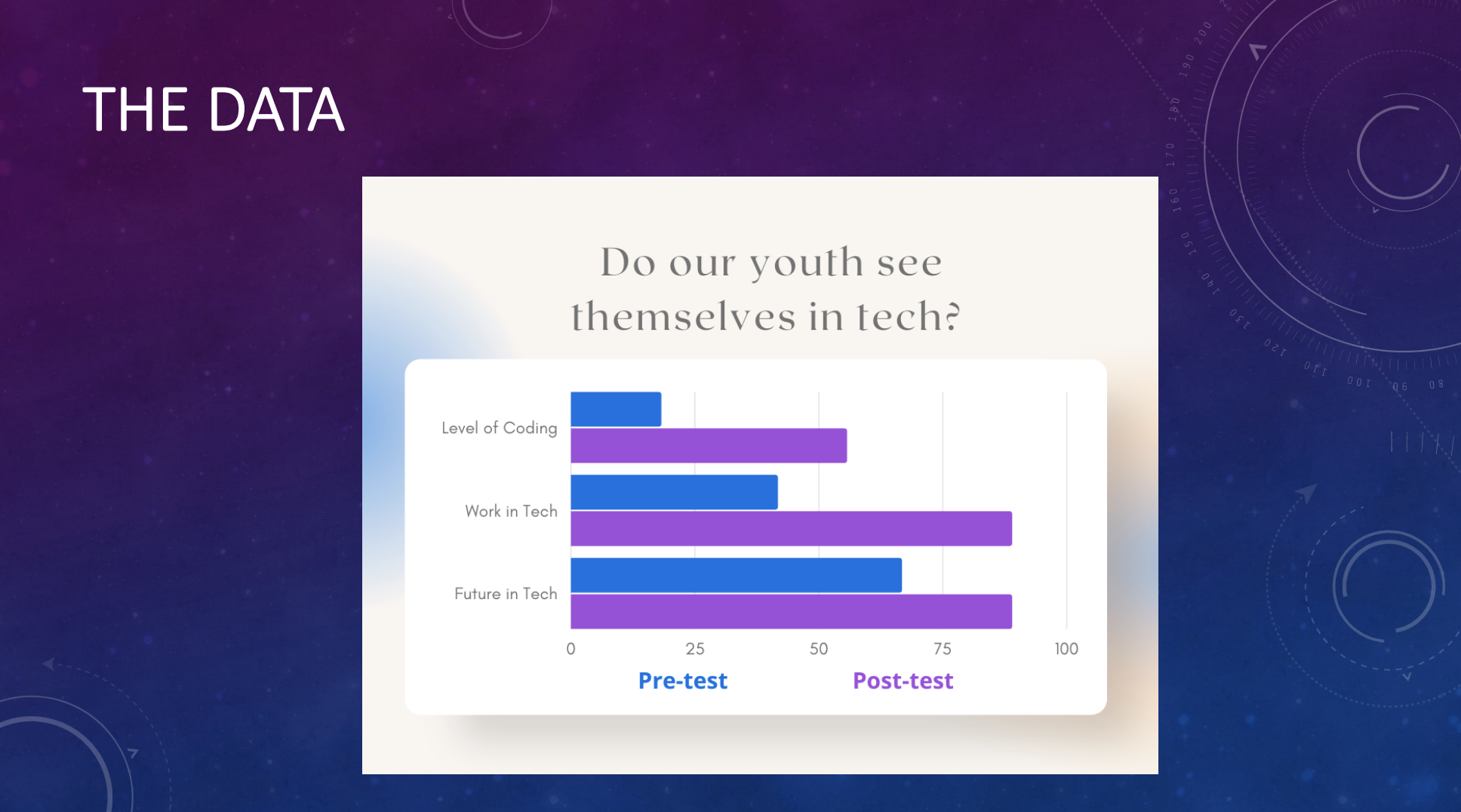
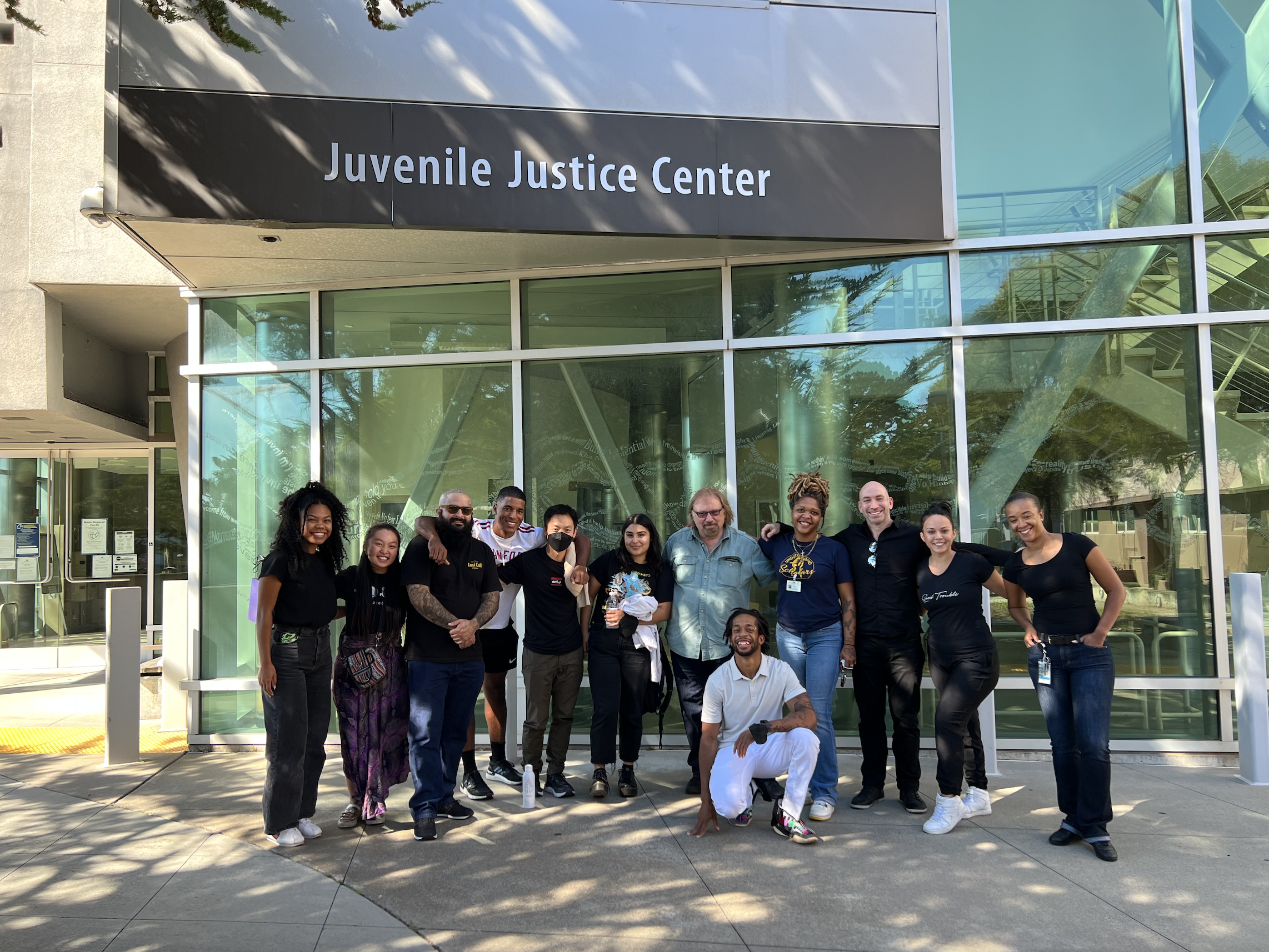
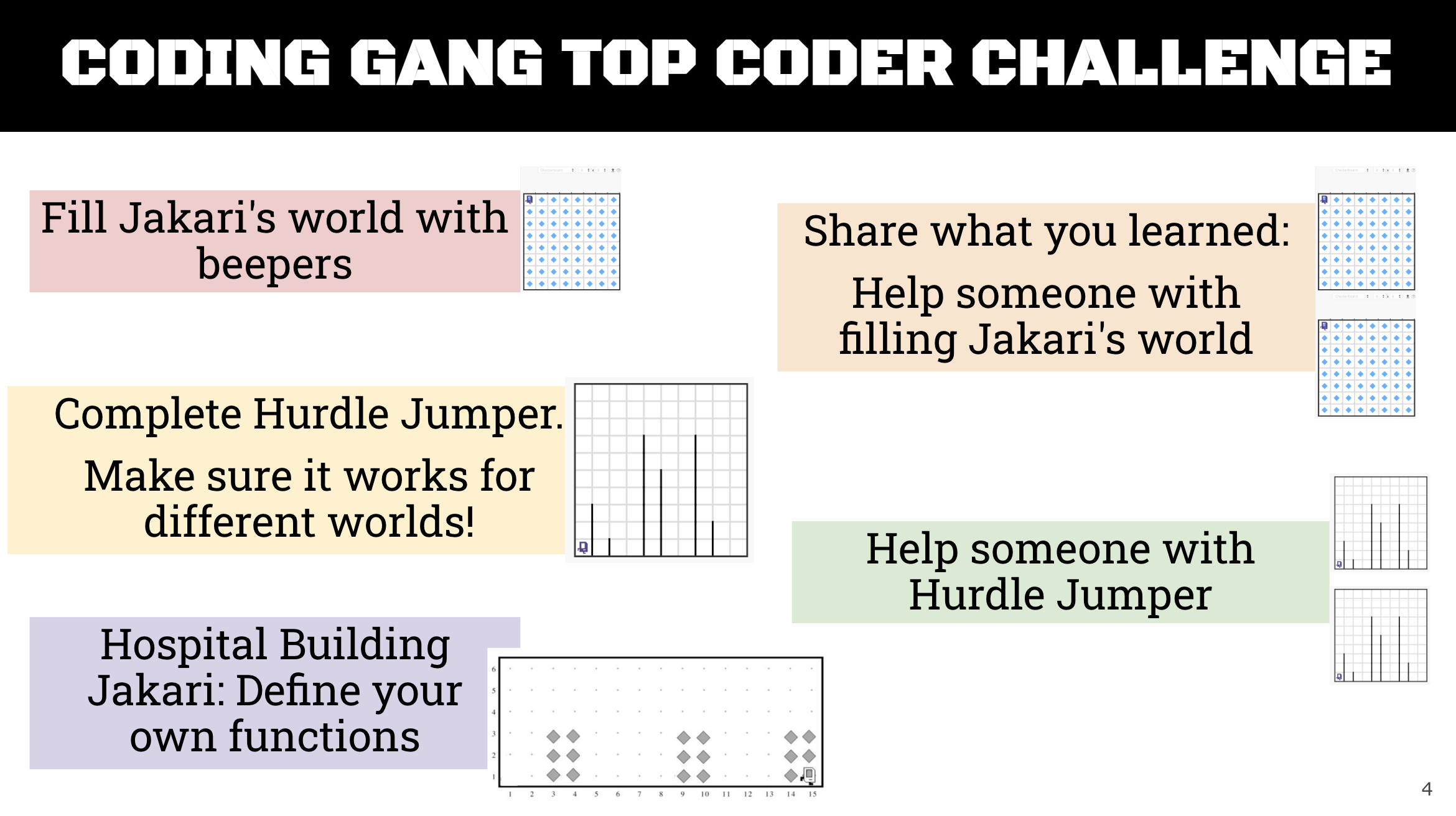
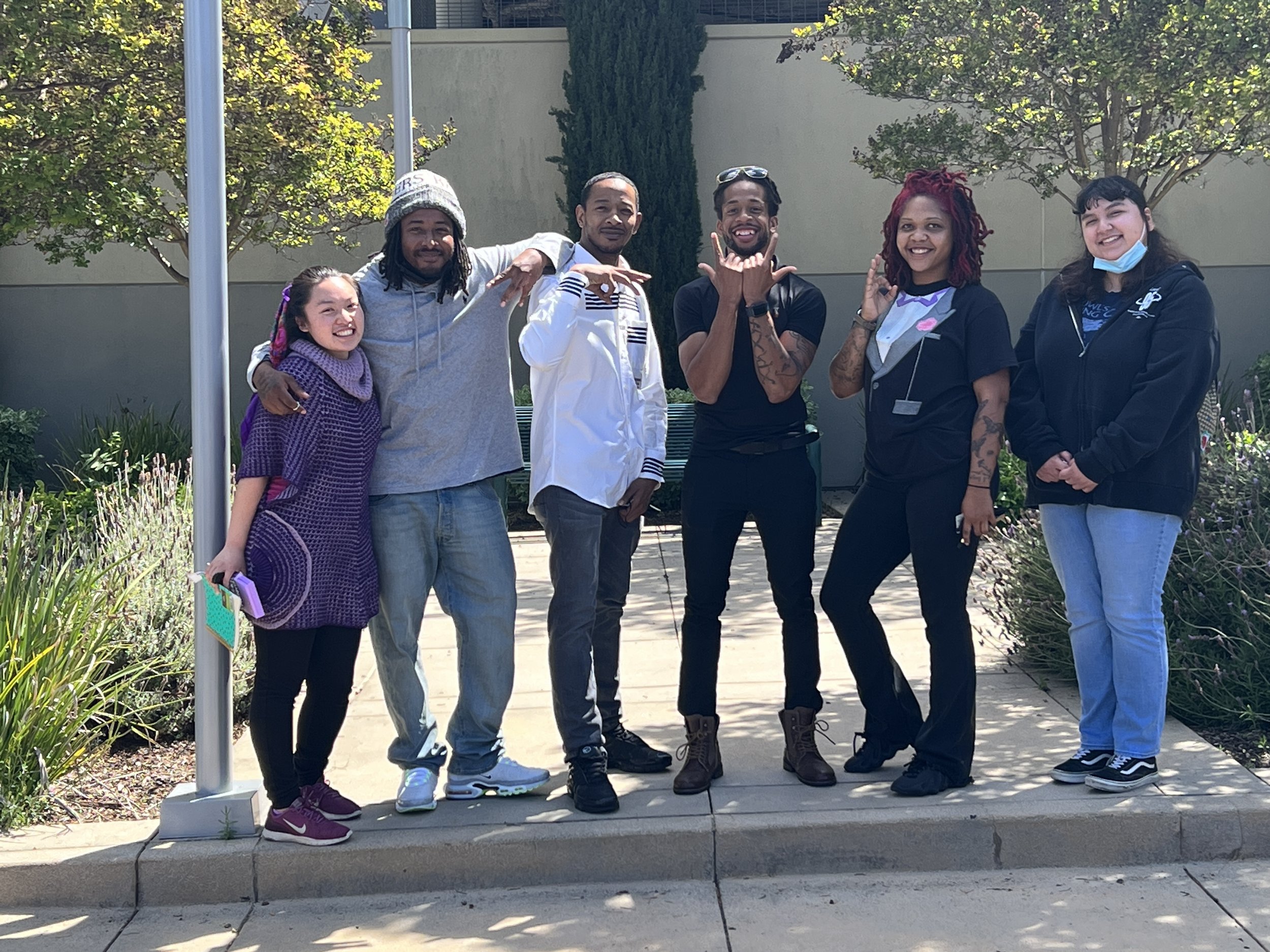
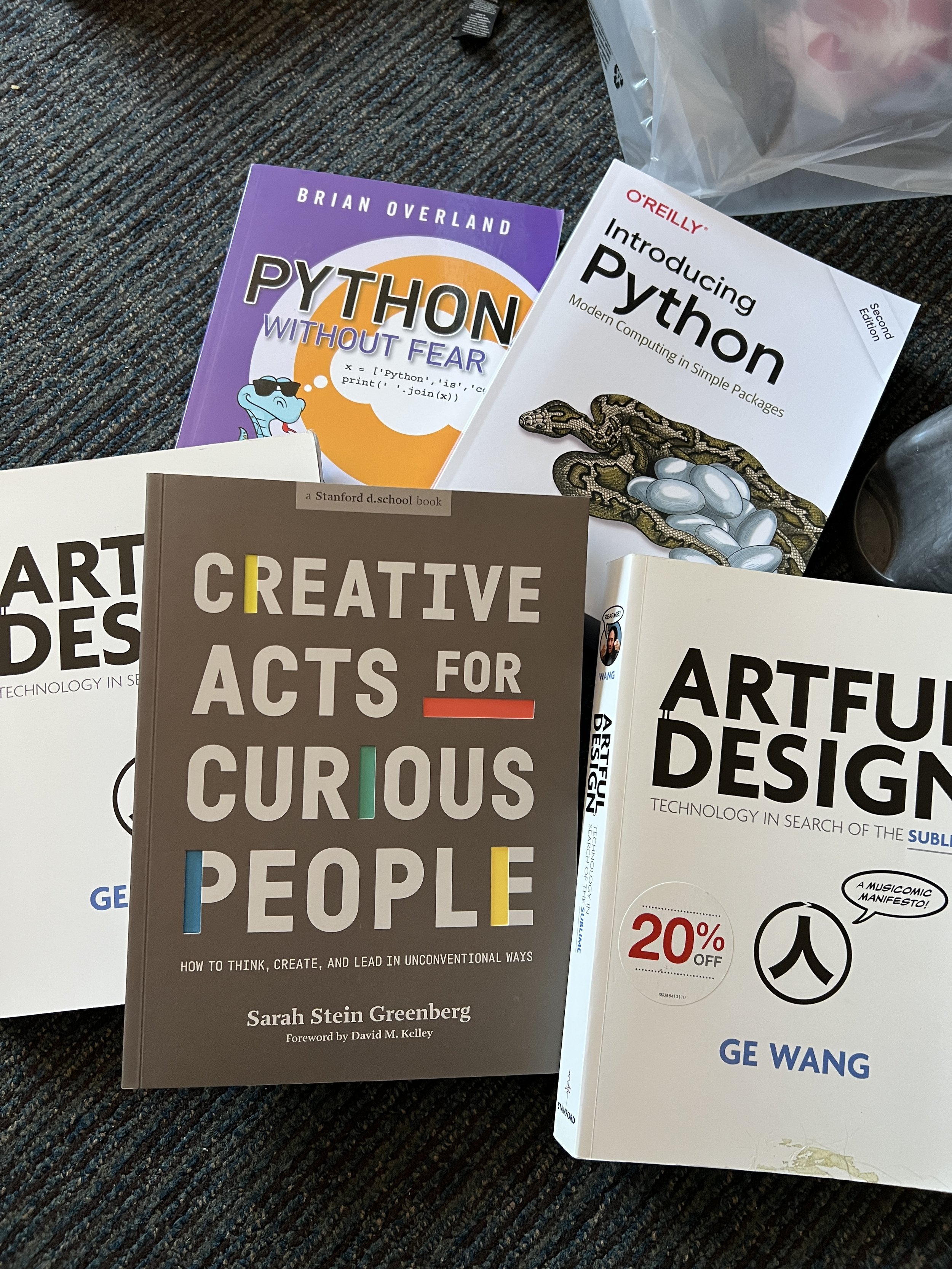
Writers Room Literacy Project
In Partnership with the United Black Family Scholarship Foundation
The United Black Family Scholarship Foundation has partnered with the Incarceration to College program—an in-custody, college readiness initiative developed by Black women—to launch the Writers' Room Literacy Project for Youth inside Contra Costa County Juvenile Hall.
There is a critical need for rehabilitative, culturally rooted educational programs in our juvenile institutions. We believe that combining a creative writing curriculum with scholarship opportunities for incarcerated youth can make a meaningful impact on mental health, facility culture, and literacy development.
Education has long been proven to reduce recidivism and enhance the long-term safety of our communities. Through this literacy program, we aim to strengthen the writing and communication skills of incarcerated youth so that, upon release, they are equipped with real tools to navigate a world that often stacks the odds against them. Giving young people the opportunity to express their voices and experiences through writing not only builds practical skills, but also fosters self-awareness, confidence, and connection to a wider community of writers.
More than just a skills-based program, the Writers' Room also serves as a space for healing and reflection. Through storytelling, critical thinking, and creative or autobiographical writing, youth are given the chance to make sense of their lived experiences and process the trauma of incarceration. In doing so, they begin to reclaim their narratives and share their truths—often for the first time.
This partnership between the United Black Family Scholarship Foundation and Incarceration to College represents a commitment to justice, healing, and educational opportunity for youth who are too often left behind.
DONORS
As ITC becomes the model program for building college readiness for juvenile detainees, the program will require adequate funding and resources. A list of basic funding needs follows.
Internet Access-Web address dedicated to ITC to provide internet access for juvenile youth; Kindle accounts; Khan Academy account
Chromebooks (Dedicated to ITC)
Program Coordination- Coordinator, Instructor, Mentors
Classroom Materials - Writing supplies (paper, pencils, highlighters, pens); reading materials (pocket portfolio folders, post-its); calculators
Publication/Marketing/Production costs- Photocopy/printing account; (or printing ink, paper, and collating budget); Mailing expenses
Graduation/Culminating Activities- Certificates, Printed programs; Mortar Boards, Photographs
COVID19 Supplies-masks, disinfectants, and thermometer
Payments/Stipends- Students, Instructors, Guest Speakers
Professional Development -Training, Consultation
Travel Stipend- Mileage payable at state rate
Acknowledge Community Support-Letters, Advertisement in Culminating Document
Underground Scholars Outreach and Recruitment Events
The students of Incarceration to College are asking for your support in providing justice impacted youth access to quality educational programs. There is a deficit of funding and research towards effective educational interventionist programs for juvenile offenders. Your donations will allow students of the Incarceration to College Program to reach their college dreams.
Incarceration to College is a college outreach program from the Underground Scholars Initiative for in-custody and out-of-custody youth. We provide a comprehensive program that assists high risk youth from the moment of interaction all the way through their college careers. Research suggests that although over 90% of juveniles want to obtain a college degree less than 10% will ever receive a college degree. These numbers are staggering and disheartening. As a previously incarcerated person I recognize that something must be done to bridge the educational aspirations of high risk youth to real life attainment of college degrees. As of 2024, we have impacted hundreds of incarcerated youth. With your support, we would like to continue to dismantle the school-to-prison pipeline by disrupting recidivism through access to higher education.Over the next five years the Incarceration to College will increase educational attainment and employability while decreasing incarceration rates for youth across the Bay Area by ensuring access to full service in-custody educational support services, in custody Pathways to College career technical education courses, and personalized re-entry services that divert youth from incarceration and into education and support throughout their educational careers.
Please join The Underground Scholars Initiative, The Anne E. Casey Foundation, The Mellon Foundation, The Crank Start Re-entry Foundation, and Berkeley Underground Scholars in our fight to restore the rights of justice impacted people.
MEdia, Articles and Blogs
Video Credit: “ACOES: Incarceration to College” was produced by the Alameda County Office of Education.
Teaching Methods for Incarcerated Youth: Effectiveness of the Incarceration to
College Program by Shani Shay
Alameda County JJC’s Allocation of Educational Resources And Incarcerated Students
Academic Achievement by Alexis Wilson
The Founder of Incarceration to College (And Pathways to College too) by Shani Shay
Effective Teaching Methods for Incarcerated Youth by Shani Shay
STAFF
Student Staff, Interns, and Volunteers
2020 2021-2022 2023-2024 2024-2025
Dakota Fanning Michelle Perez Garcia Manveen Kaur Anand Alexis Wilson
Cory Riech Smith Ernest Turner Anna Dubon
Brandon Dale Fellows Alexis Wilson Erica Villegas
Joy Wyckoff Ella Morrison
Georgia Hand Katelyn Sotelo
Kristina Mendez Yani R. Pichinte
Anna Dubon Arjun Shivkumar
Erica Villegas Charles Edward Long
Latanya King Donnell Michael Jones
Lily Angel Kiara Simone Price
Karina Mae Karbo-Wright
Kai Fujiko Nakaoka
Sanjna Ashish Shah
Partners
Contra Costa County of Education
Alameda Office of Education
San Francisco Office of Education
Pipe Dreamers
Stanford’s Code in Place
Restoring Our Communities
New Directions
Open Gate
Contra Costa Public Defenders Office
San Francisco Public Defenders Office

